Back to Courses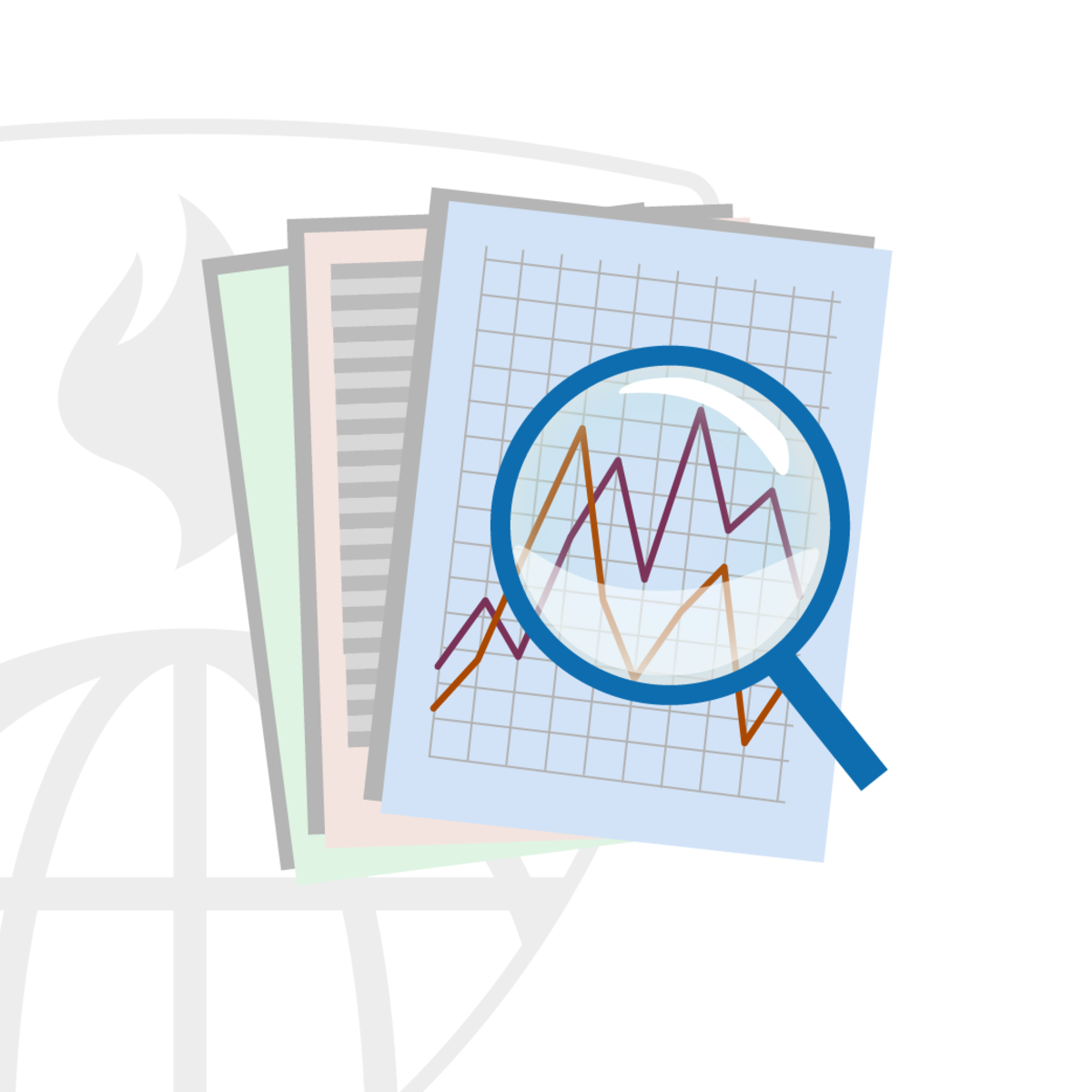



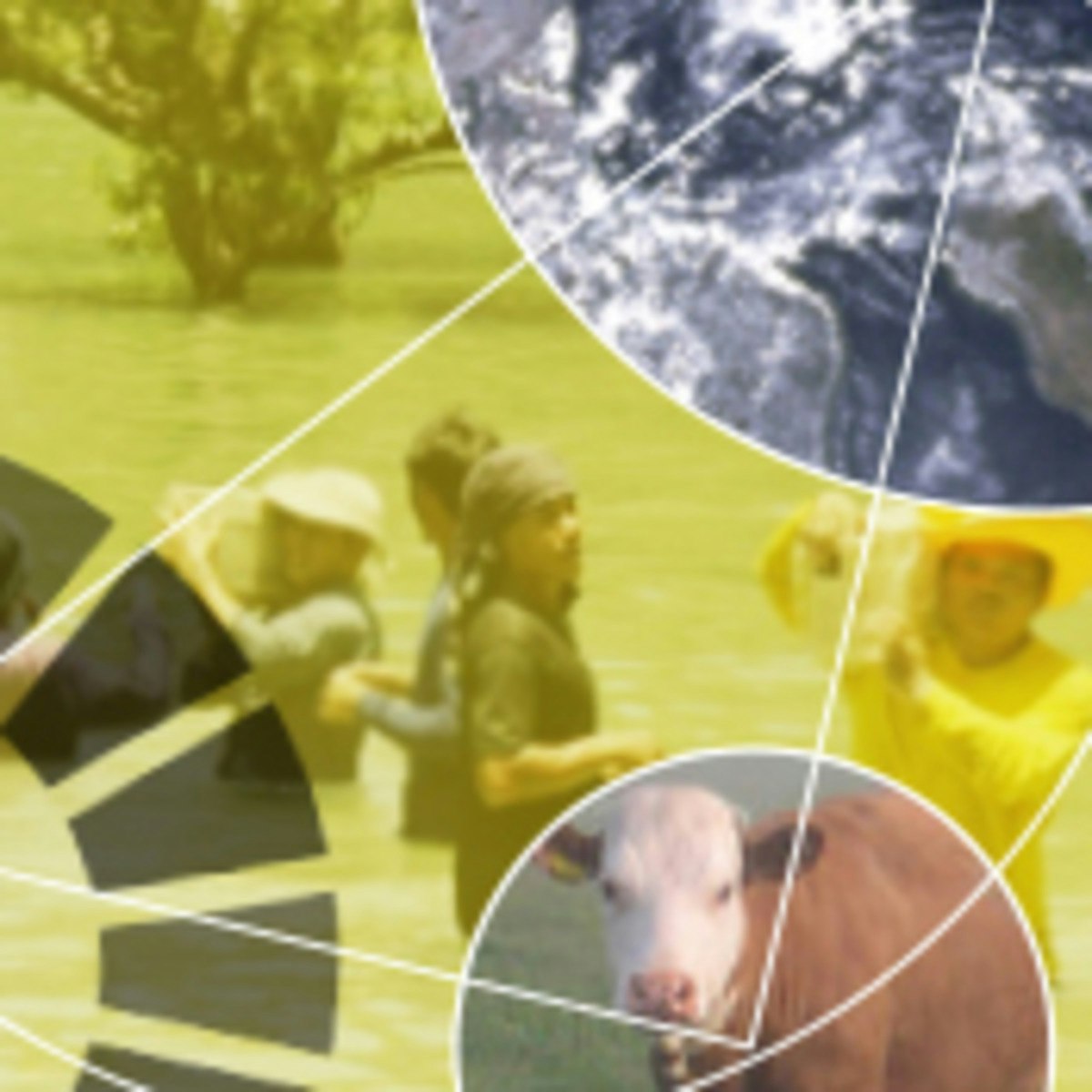
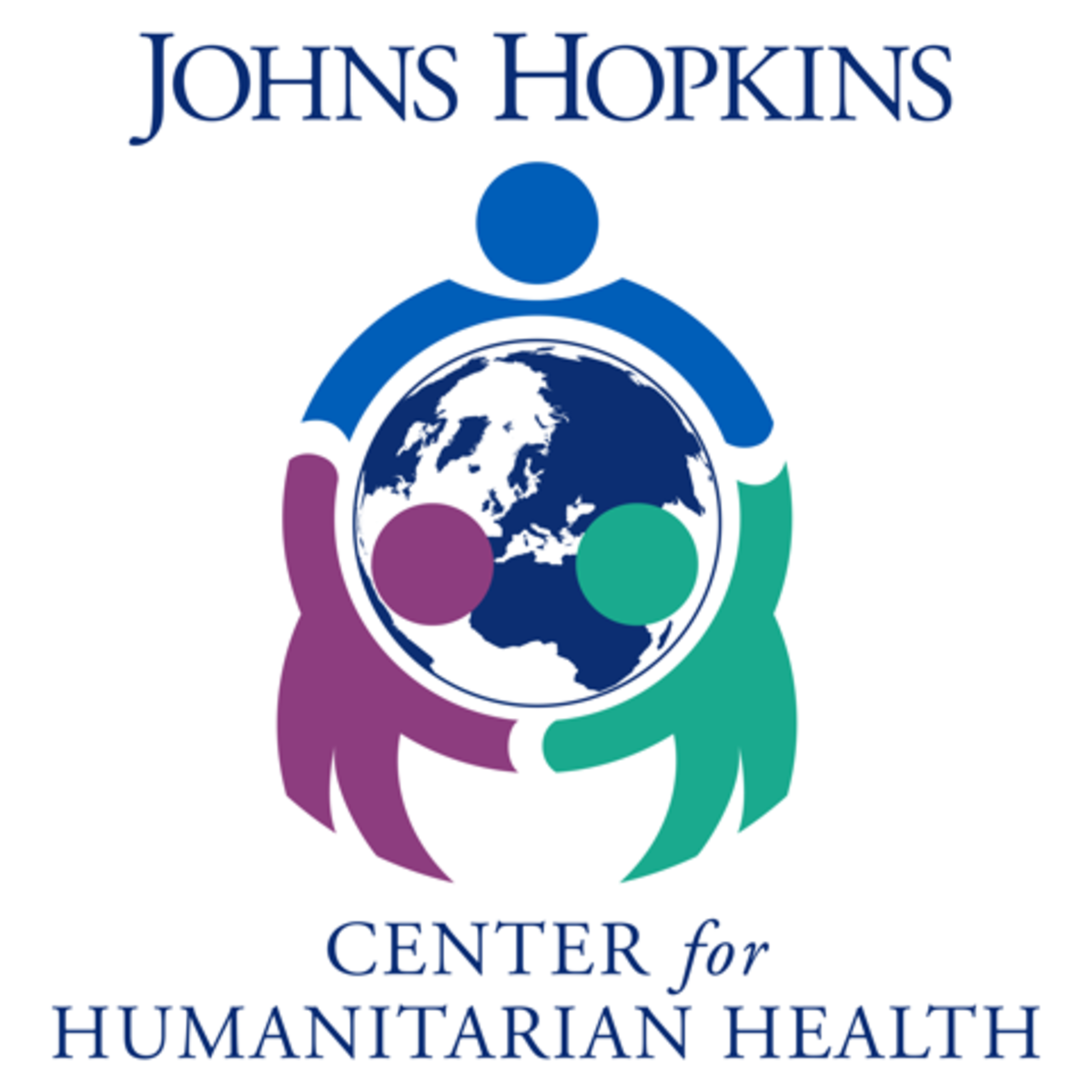
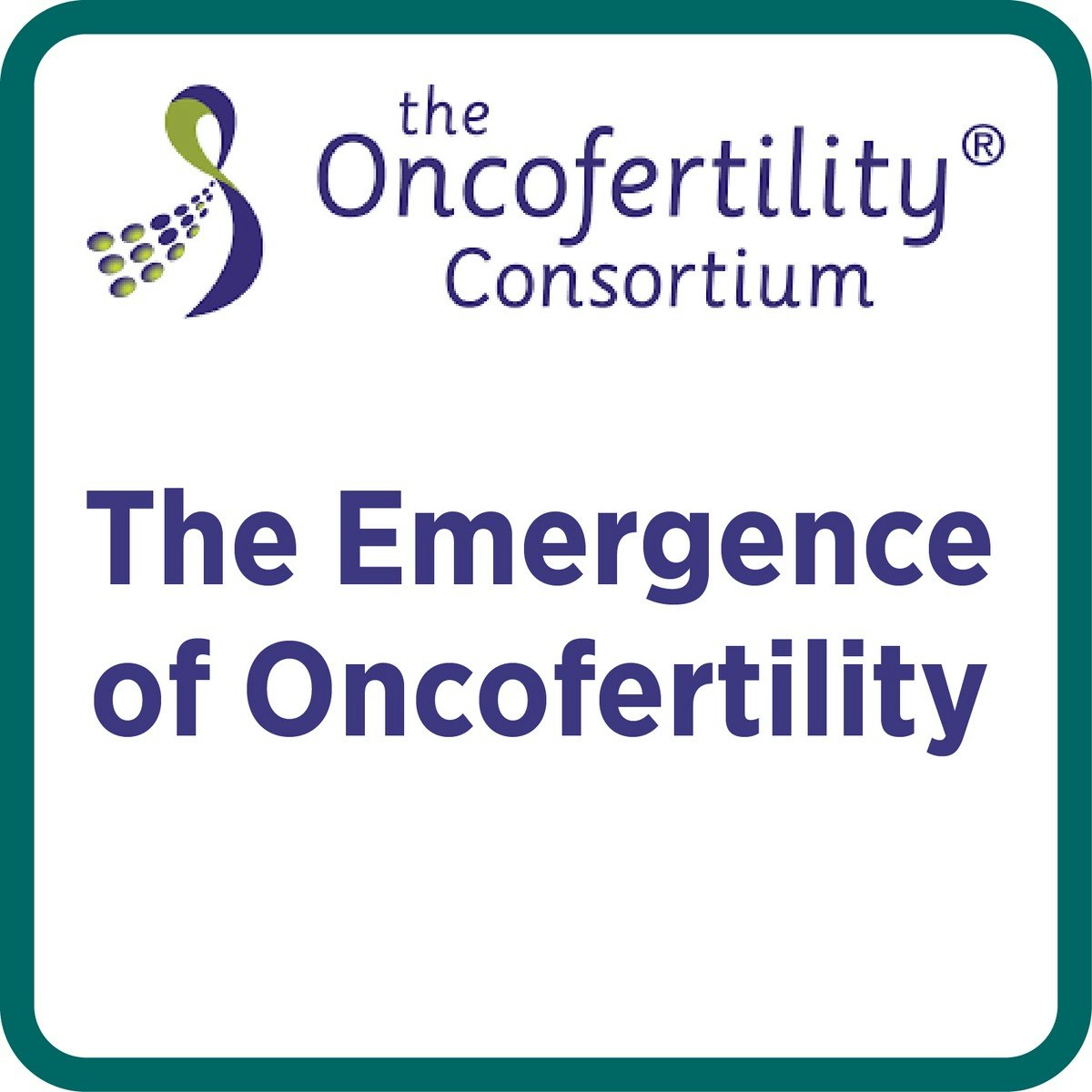
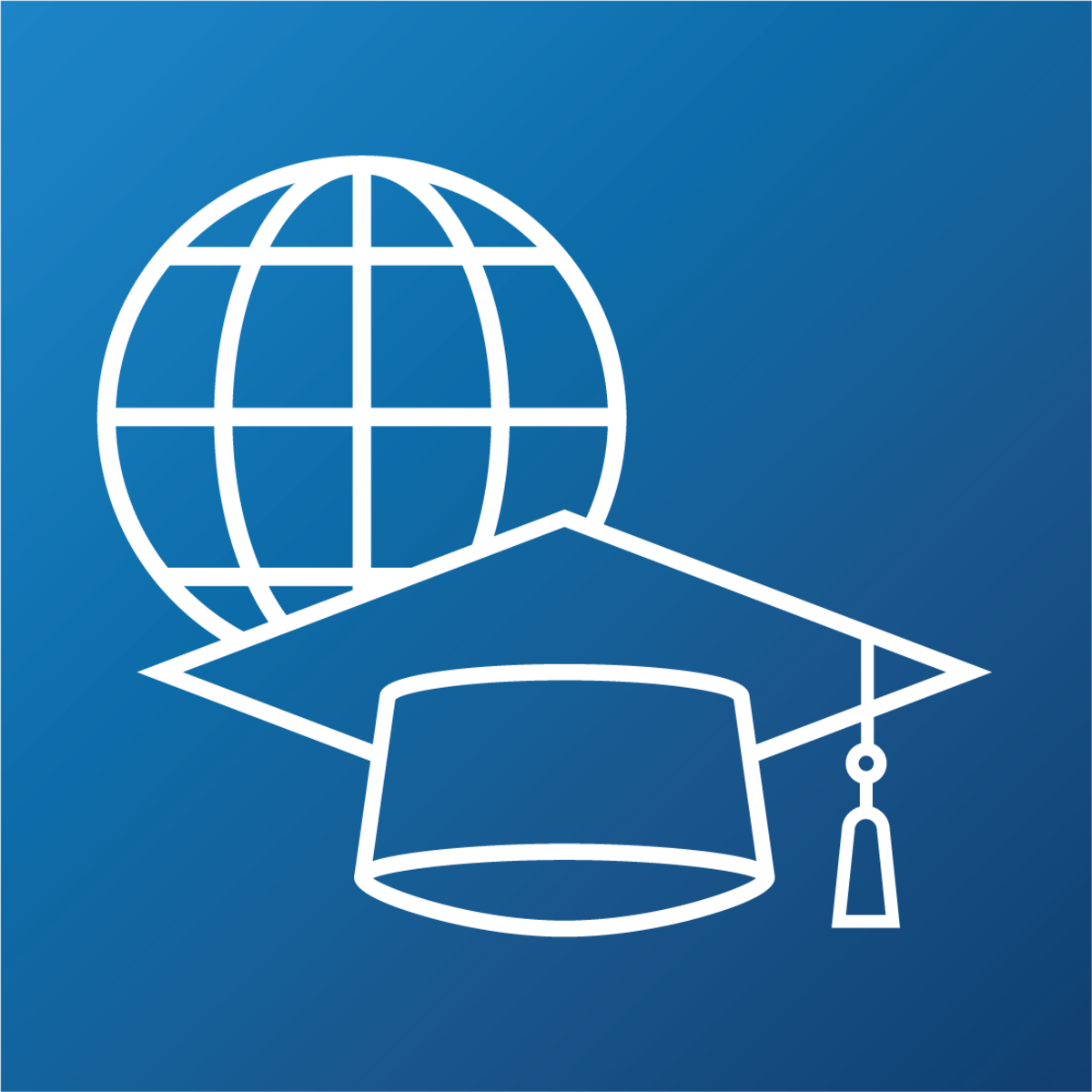
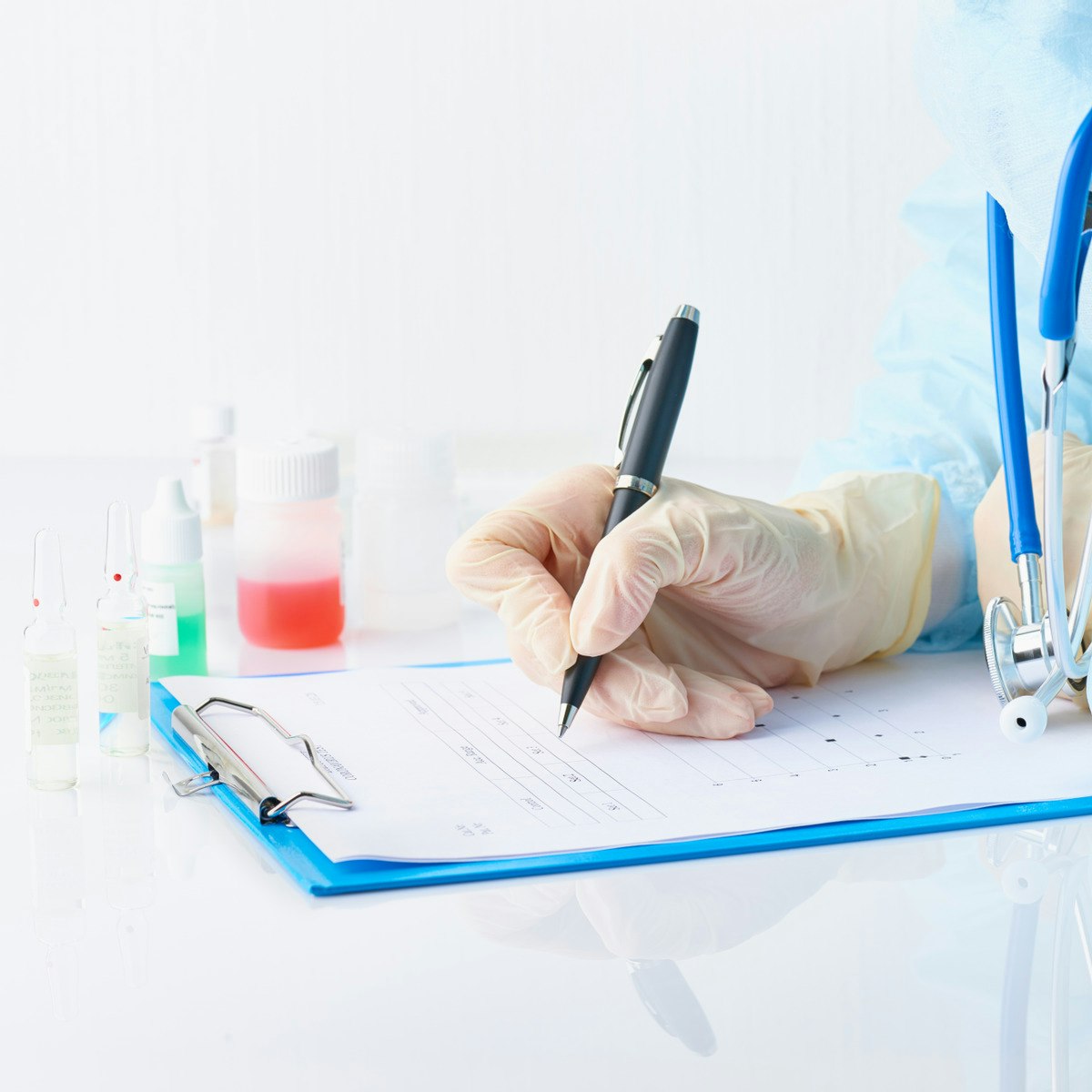
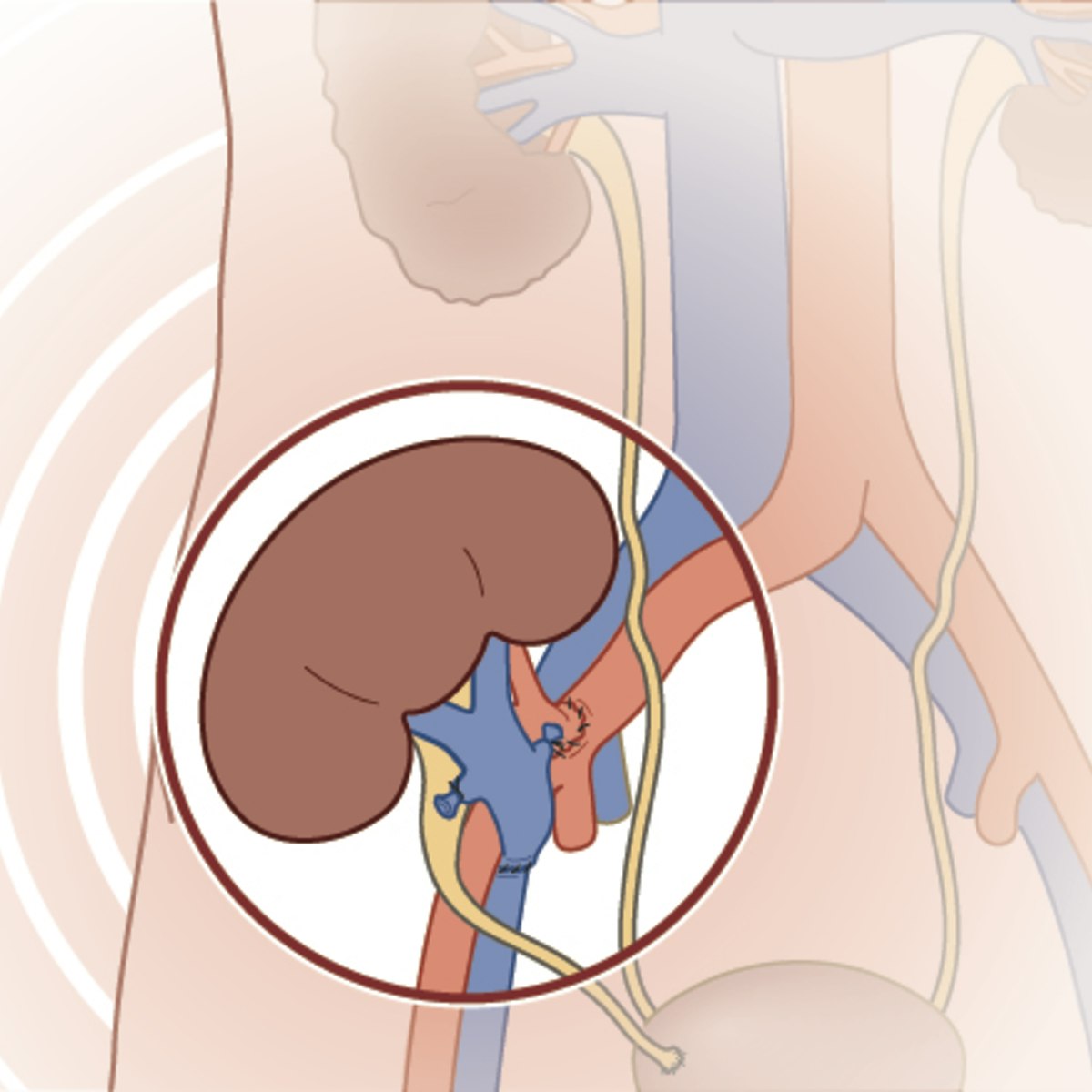
Life Sciences Courses - Page 6
Showing results 51-60 of 644

Surveillance Systems: Analysis, Dissemination, and Special Systems
In this course, we'll build on the previous lessons in this specialization to focus on some very specific skills related to public health surveillance. We'll learn how to get the most out of surveillance data analysis, focusing specifically on interpreting time trend data to detect temporal aberrations as well as person, place, and time in the context of surveillance data. We'll also explore strategies for the presentation of surveillance data and some of the complex legal elements that affect its use. We'll then turn our attention to surveillance of non-communicable chronic diseases and how the data can be used to support prevention efforts. Finally, we'll explore special surveillance systems, such as syndromic surveillance, antimicrobial resistance, and event-related surveillance. This course is designed for public health practitioners with a focus on those working on health surveillance in municipal, regional, state, provincial, or even national public health agencies. We really think that this course will help those with an interest in health surveillance to see which approaches are used in actual practice of public health.

Sleep: Neurobiology, Medicine, and Society
The objective of this course is to give students the most up-to-date information on the biological, personal, and societal relevance of sleep. Personal relevance is emphasized by the fact that the single best predictor of daytime performance is the quality of the previous night's sleep. The brain actively generates sleep, and the first section of the course is an overview of the neurobiological basis of sleep control. The course provides cellular-level understanding of how sleep deprivation, jet lag, and substances such as alcohol, ,caffeine, and nicotine alter sleep and wakefulness. The second section of the course covers sleep-dependent changes in physiology and sleep disorders medicine. Particular emphasis will be placed on disorders of excessive sleepiness, insomnia, and sleep-dependent changes in autonomic control. Chronic sleep deprivation impairs immune function and may promote obesity. Deaths due to all causes are most frequent between 4:00 and 6:00 a.m., and this second section of the class highlights the relevance of sleep for preventive medicine. The societal relevance of sleep will be considered in the final section of the class. In an increasingly complex and technologically oriented society, operator-error by one individual can have a disastrous negative impact on public health and safety. Fatigue-related performance decrements are known to have contributed as causal factors to nuclear power plant failures, transportation disasters, and medical errors.

Finding Mutations in DNA and Proteins (Bioinformatics VI)
In previous courses in the Specialization, we have discussed how to sequence and compare genomes. This course will cover advanced topics in finding mutations lurking within DNA and proteins.
In the first half of the course, we would like to ask how an individual's genome differs from the "reference genome" of the species. Our goal is to take small fragments of DNA from the individual and "map" them to the reference genome. We will see that the combinatorial pattern matching algorithms solving this problem are elegant and extremely efficient, requiring a surprisingly small amount of runtime and memory.
In the second half of the course, we will learn how to identify the function of a protein even if it has been bombarded by so many mutations compared to similar proteins with known functions that it has become barely recognizable. This is the case, for example, in HIV studies, since the virus often mutates so quickly that researchers can struggle to study it. The approach we will use is based on a powerful machine learning tool called a hidden Markov model.
Finally, you will learn how to apply popular bioinformatics software tools applying hidden Markov models to compare a protein against a related family of proteins.

Social Determinants of Health: Planetary Health
This fifth and final course is centered on planetary health as a fundamental health determinant. As we consider how the health of humans is dependent on the health of Earth’s natural systems, we will also explore how to apply futures thinking and foresight principles to planetary health initiatives. The topics of this course include:
1. Introduction to Planetary Health
2. Values and Sources of Knowledge
3. Action and Movement Building
4. Foresight
5. Data Applications: Regression Analysis and Scatter Plot Visualization

The Sustainable Development Goals – A global, transdisciplinary vision for the future
In 2015, the UN launched the 17 Sustainable Development Goals (SDGs). Adopted by 193 member states, the goals represent an important international step in setting humanity on a trajectory towards sustainable development. Within this course, you will get a historical overview of how sustainability has been understood, as well as a thorough introduction to the SDGs – what they are, how progress can be measured, and how the SDGs are relevant for the management of the global systems supporting humanity. The course will examine how various societal actors are responding to and implementing the SDGs.
While all of the SDGs are essential to sustainable development, SDG 13, Climate Action, is usually perceived as the most urgent in terms of the need for a swift implementation on a global scale. Therefore, particular focus is given to this SDG. Through the course, you will gain up-to-date knowledge of the current understanding of human impacts on the Earth at the planetary level. Progress towards establishing global management of human interactions with the climate system within the United Nations Framework Convention on Climate Change (UNFCCC) is also discussed.
The course is designed and taught by Professor Katherine Richardson, who is a member of the 15-person panel appointed by the UN General Secretary in 2016 to write the 2019 Global Sustainable Development Report. In each lecture, Katherine interviews experts who provide insights relevant to the topic at hand.
Public Health in Humanitarian Crises 1
This course, Public Health in Humanitarian Crises 1, introduces discussions about the public health approach to problems experienced by people affected by disasters, both natural and related to conflict. The course discusses the many changes which occur in people’s lives when they are uprooted by a disaster, ranging from changes in disease patterns, access to health care, livelihoods, shelter, sanitary conditions, nutritional status, etceteras. We will explore what humanitarian interventions could look like if we want to mitigate the effects of disasters. The course content is a mix of theoretical knowledge and many practical examples from recent disasters. We think this course is unique because it contains so many practical ‘real-life’ examples and is taught by instructors and guest lecturers who together have over 200 years of experience in this field.
The course consists of 10 modules totaling approximately 9-10 hours of delivered content with an additional 2-3 hours of self-work (quizzes and writing and evaluating a short peer-review assignment) as well as lively discussions forums. The course has been designed in a way that each module builds on the lessons of previous modules. However, you may do the modules in any order and some can be done separately.
You do not have to pay for this course if you choose to enroll without a certificate. Sometimes referred to as auditing, enrolling without a certificate means that you will have access to all of the videos, quizzes, assignments, and discussions. The only difference is that you will not receive a certificate upon completion. Click the Enroll Without a Certificate link to sign up and begin the course. Even if you enroll in a session that has yet to begin, you may access most of the course materials right away by clicking the Preview Course Materials link. However, you will have to wait for the session to begin before posting your comments on the discussion forum or accessing the final peer-reviewed assessment. Visit the Learner Help Center for details about session schedules.
If you want to learn more, there is a second course which follows this one entitled, Public Health in Humanitarian Crises 2. We welcome you to take this. The course has a similar set-up and discusses additional topics, such as infectious disease outbreaks, disease epidemiology, maternal and newborn health, mental health, humanitarian project design, humanitarian principles, and many other topics.

The Emergence of Oncofertility (Past, Present & Future)
Oncofertility is a new interdisciplinary field at the intersection of oncology and reproductive medicine that aims to provide effective fertility options to young cancer patients undergoing gonadotoxic anticancer therapy through several fertility preservation and restoration strategies.
This course aims to provide participants with an exciting learning curve to ensure they understand the fundamentals of oncofertility and help them advance their career. This course is offered by the Oncofertility Consortium that represents a global, interdisciplinary, and interprofessional network of experts, medical specialists, scientists, researchers and scholars who are exploring the relationships between health, disease, survivorship and fertility preservation in young cancer patients. The Oncofertility Consortium was created in 2007, and over the past 15 years, it has developed and led the field of oncofertility to improve the quality of life and expand options for the reproductive future of cancer survivors on local, national and global levels.
Global Target Audience: This course is primarily targeted towards early-career healthcare professionals, trainees, researchers & scholars around the globe working in Reproductive Endocrinology and Infertility, Andrology and Male Infertility, as well as Pediatric and Adult Hematology/Oncology. Interested healthcare professionals, trainees, researchers & scholars from Obstetrics/Gynecology, Urology, Oncology, Pediatrics or any related sub/specialty are welcome.
Sincerely,
Oncofertility Consortium
Michigan State University
Department of Obstetrics, Gynecology and Reproductive Biology
965 Wilson Road, Room A626B
East Lansing, MI 48824-1316, USA
Phone: +1 (517) 884 6434
Email: oncofert@msu.edu
Web: https://oncofertility.msu.edu/

Global Disease Masterclass: Global Disease Distribution
The Global Diseases Masterclass is part of the full-degree Masters of Public Health that the School of Public Health. By the end of this specialisation, our aim is that students will be able to critically apply epidemiological concepts to major global diseases and be able to appraise and recommend policy options to combat them.
Global Diseases Masterclass: Global Disease Distribution
In this course, we will introduce students to the most important trends and pattern in health and disease on a global scale. We will look at how health has improved over time, examine the trends for the future and look at between and within-country inequality in health. We will look at the methods that lie behind those statistics and think about different ways in which health can be conceptualised and measured. The course ends by considering the reason that might lie behind the patterns that we’ve pointed out and introducing the distinction between direct and structural interventions.The course ends by considering the reasons that might lie behind the patterns that we’ve described and introducing the concept of structural interventions.

Medical Terminology II
This is the second course of the Medical Terminology specialization. It builds on the basic concepts of medical terminology with the introduction of new roots, terms, and abbreviations specific to the endocrine system (hormones). The body's transportation and defense systems (cardiovascular, blood, and lymphatic) will also be covered as well as the respiratory system (lungs).

Clinical Kidney, Pancreas and Islet Transplantation
Kidney transplantation is a major advance of modern medicine which provides high-quality of life for patients with end-stage renal disease. What used to be an experimental, risky, and very limited treatment option more than 50 years ago is now routinely performed in many countries worldwide. The number of renal transplants is expected to rise sharply in the next decade since the proportion of patients with end stage renal disease is increasing.
Are you interested in clinical kidney, pancreas and islet transplantation? If you are a (bio) medical student or a health care professional who works in the (pre) clinical transplant field this might be the course for you. This course is also for anyone interested in the research and knowledge on clinical transplantation. The course will be taught by a multidisciplinary team of transplant professionals and will give you the state of the art updates.
It is divided in 4 modules:
1) Before the transplant
2) The surgical procedures and the challenged patient, including the patient with diabetes
3) Early challenges
4) Late challenges after transplantation.
The offered modules will include lectures, interactive patient cases, 3D movies, interviews with well-known experts and with patients and a donor, a serious game to increase knowledge of the field and of course an active forum. Become an expert and join us!
The course has been endorsed by The European Society of Organ Transplantation (ESOT), The International Society of Nephrology (ISN) and The Transplantation Society (TTS).
This MOOC has been accredited for Continuing Medical Education (CME). Health care professionals who works in the (pre) clinical transplant field, other health care professionals and general practitioners can obtain CME credit at 'LUMC-Boerhaave CME' upon passing the course. For more information we like to refer to the "Additional introduction for obtaining CME credit" module in week 1 of the course
For another interesting course on organ donation and transplantation, see Organ Donation: From Death to Life from Cape Town University https://www.coursera.org/learn/organ-donation
Popular Internships and Jobs by Categories
Find Jobs & Internships
Browse
© 2024 BoostGrad | All rights reserved